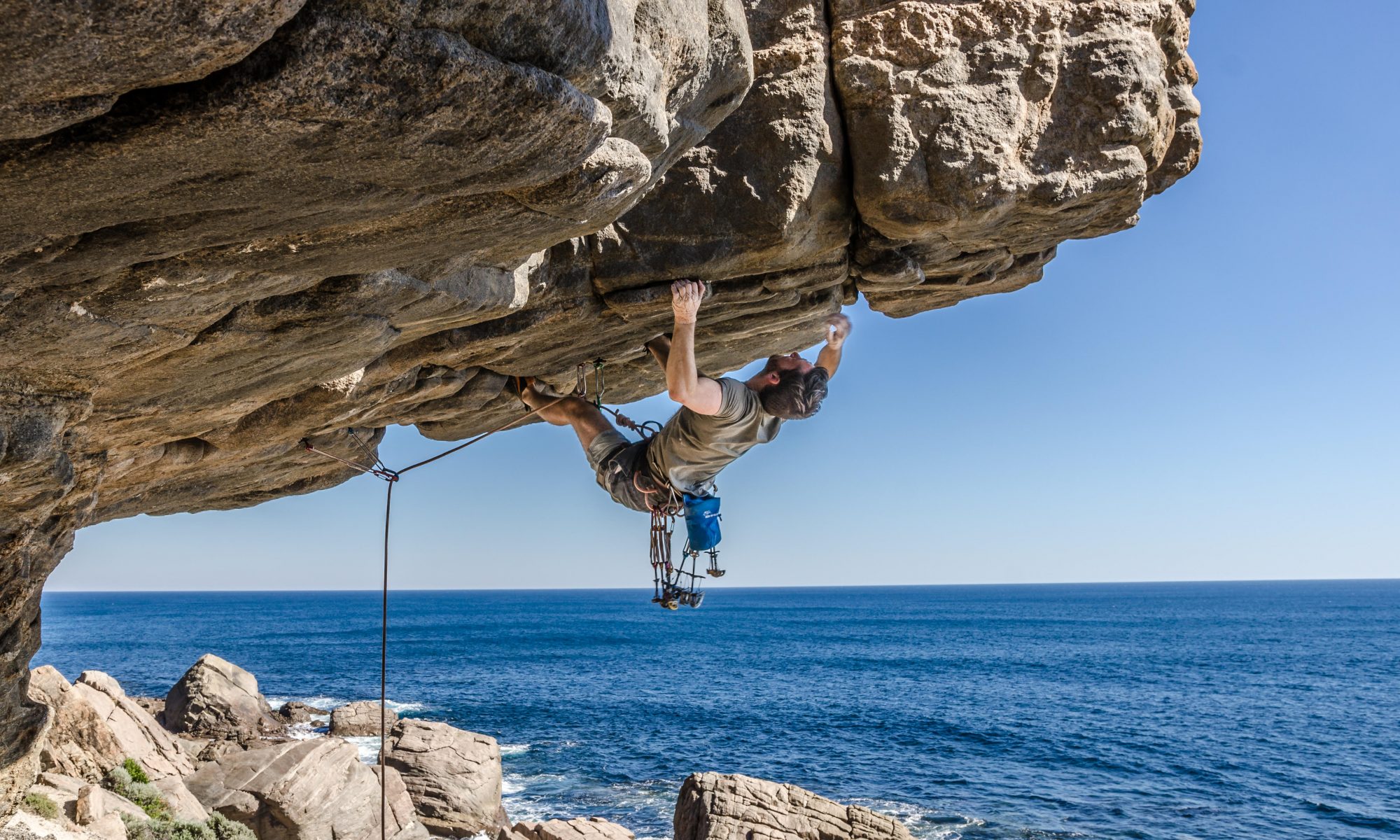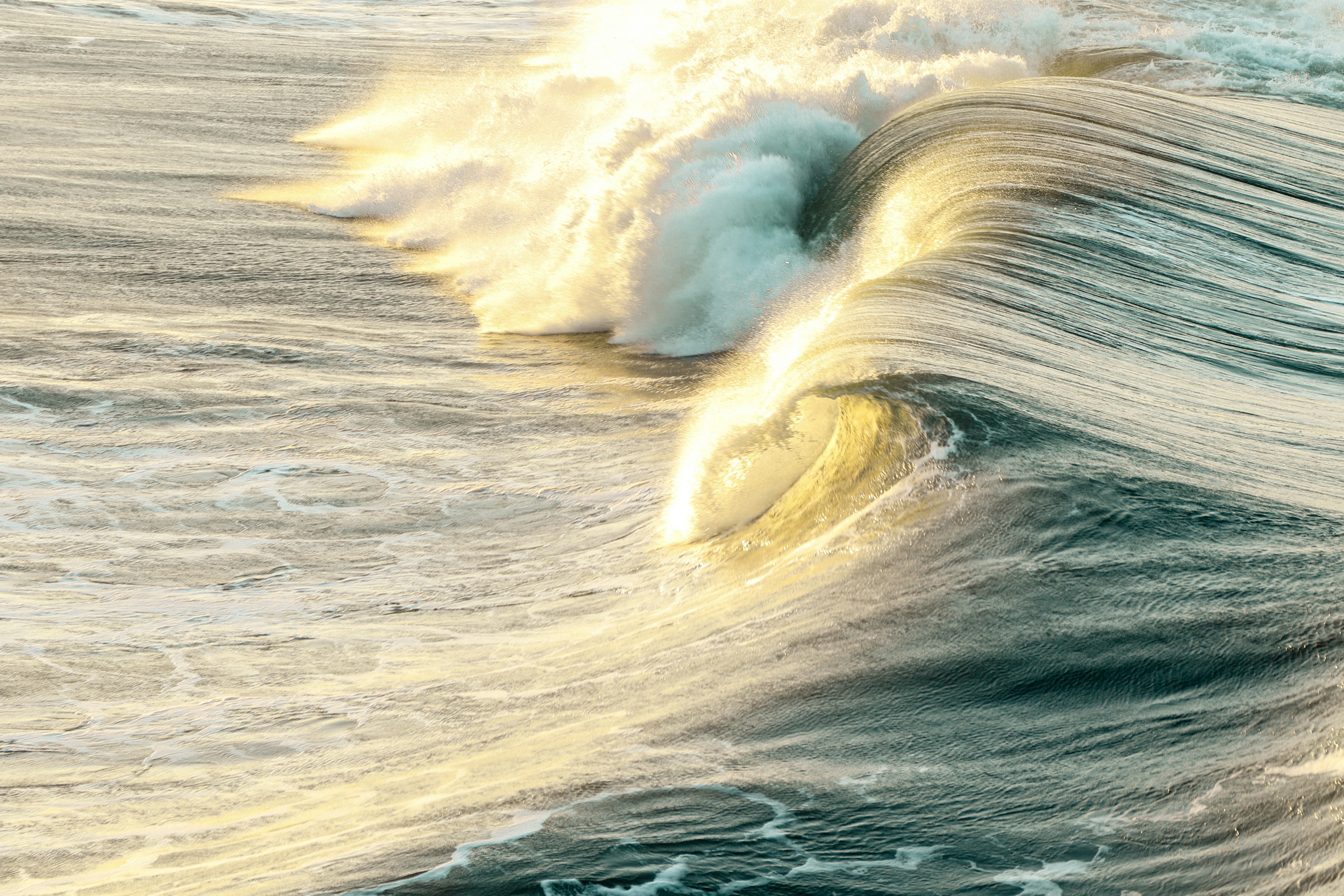In a recent episode of the River Tiger podcast, I had the pleasure of speaking with Jo Kelly, known as the Barefoot Athlete on social media. Jo’s dynamic background in movement coaching, adventure sports, and performance psychology provides invaluable insights into skill acquisition, embodiment, and the role of the environment in athletic performance.
Jo’s journey into movement coaching spans over 25 years, beginning with a Sports Science degree in the late 90s. Initially focused on personal training and fitness, he soon discovered a lack of depth in rehabilitation knowledge. This led him to explore physical therapy, where he spent a decade working with athletes on rehabilitation and recovery. Through this exposure, Jo began to recognize the importance of understanding how we interact with our environments and how this relationship shapes our physical experiences.
His journey took an unexpected turn when he stumbled upon barefoot running, an interest that aligned with his passion for understanding our connection to the natural world. Jo describes barefoot running as a means to explore the sensations and feedback our bodies receive from the ground. It allowed him to rediscover the joy of movement, which, he recalls, had fueled his childhood adventures in Dartmoor, where he jumped over locks and climbed trees.
What stands out in Jo’s philosophy is his emphasis on “thinking with your feet.” This concept speaks to the intelligence embedded within our bodies, reminding us that our physical experiences profoundly influence how we interpret and interact with our environments. Jo finds this particularly significant because, as we move, we can process tactile feedback, allowing us to make split-second decisions that enhance our performance.
Reflecting on his own experiences, Jo emphasised the importance of resilience in coaching and learning. He posits that training should incorporate the potential for errors and variability, encouraging individuals to experiment and adapt rather than striving for perfection. In this context, he proposed that the surprises and challenges encountered during training should not be avoided but embraced as opportunities for growth.
A critical element of this approach is the understanding of embodiment, which emphasises our connection to the world around us. Jo and I discussed how this embodied intelligence can be lost if we become too focused on analytical thinking, often leading to a disconnect between our physical experiences and cognitive processes. He noted that many athletes might rely on secondhand information from coaches or theories rather than tuning into the direct feedback provided by their bodies and environments.
Jo’s insights align with the concept of “working the problem”—an idea that emphasises the need for athletes to engage dynamically with their surroundings. This shift from rigid instruction to a more exploratory mindset can foster creativity and adaptability. Jo highlighted the lesson from his time as a beach lifeguard, where quick decision-making in unpredictable environments is crucial. He stressed the need for training environments to replicate real-life scenarios, allowing individuals to practice problem-solving in contexts that mirror the complexity and unpredictability of actual performance situations.
One of the most compelling points Jo made was about confidence and the journey to achieving it through competence. He believes that individuals often lack confidence because they have not successfully navigated challenging situations before. By creating training environments that simulate risk without the catastrophic consequences, coaches can help athletes build confidence through competence, ultimately leading to improved performance when facing real challenges.
Throughout our conversation, it became evident that fostering an environment where mistakes are accepted is paramount to personal and athletic growth. Jo’s approach encourages participants to embrace their experiences, fostering curiosity, enjoyment, and ultimately, a love for movement.
As Jo continues his journey, now pursuing a master’s degree in performance psychology, he aims to deepen his understanding of these concepts and apply them in innovative ways—both to his practice as a coach and to his everyday life. In doing so, he hopes to inspire others to explore their own movement journeys creatively and fearlessly.
The takeaway from our discussion resonates with anyone involved in sports, coaching, or personal development: the journey of skill acquisition is not just about achieving competence but also about embracing the rich tapestry of experiences—mistakes, successes, and everything in between—that lead us toward flow and connection with our environment. By nurturing this perspective, we can create resilient individuals ready to tackle the surprises life throws their way.
To listen to the podcast episode with Joe, click the link below.
https://www.buzzsprout.com/1975020/15602358
My guest was Joe Kelly and you can find him on X (Twitter) @BarefootAthlete and on Instagram: @barefootathlete
Here is the film of the paraglider with the tangled wing that Joe talks about in the podcast https://www.instagram.com/reel/CzITu4ZoJz7/?igsh=MWRwaHFlYzRxNHN2
And some videos of the catch game that Joe mentions from the sessions he runs:
https://www.instagram.com/p/BvT8nUQHSav/?igsh=MXhqb2I4dzNmZm40eQ%3D%3D
https://www.instagram.com/p/BtQrzKLHQAC/?igsh=MTc5Nmk1cDhsY2RyeA%3D%3D
Discover more from Dynamics Coaching
Subscribe to get the latest posts sent to your email.

